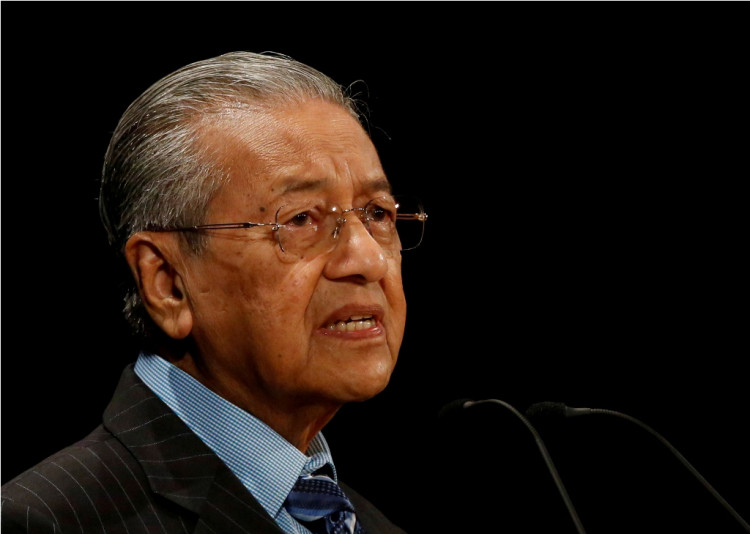April was a good month for the Malaysian economy as the latest data revealed that exports grew by 1.1 percent following two months of disappointing figures. Analysts said the increase of electrical products and petroleum production helped drive the numbers up.
According to Reuters, the hike in exports helped narrow the country's trade surplus from 14.4 billion ringgit to 10.86 billion ringgit. While exports to China dropped by 6.9 percent, exports to the United States saw an increase of 3.1 percent.
Iron, processed food, scientific tools, and optical equipment also helped boost export figures in April compared to the numbers recorded in the same month last year.
Many analysts said the hike in exports came as a shock to economists and industry experts. After the country posted export declines in February and March, some analysts predicted lower figures for April.
Due to the positive wave in Malaysia's export circle, there have been talks about Malaysia being one of the biggest winners in the China-U.S. trade war. On Monday, Nomura Global Markets Research unveiled the list of potential winners in the global trade diversion that has been shaking markets in Asia.
Vietnam is first on the list followed by Taiwan, and Chile. Malaysia came in fourth, further proving that it is slowly recovering from previous declines and weaker growth forecasts. Data were derived from one year of records and studies, starting from the time the U.S. government first threatened additional tariffs on Chinese goods.
In the Nomura report, it was revealed that exports of electrical integrated circuits helped drive Malaysian gross domestic product (GDP) by 0.2 percent. The same is true for light emitting diodes and semiconductor devices.
Nomura further predicted that if no trade deal is reached or if the trade war does not reach a calm point in negotiations that will take place at the G20 summit, other countries in Asia and Latin America, including Malaysia, could further benefit from dispute escalations.
Meanwhile, some analysts noted that Malaysia's inclusion in the U.S. Treasury's list of countries up for monitoring on grounds of potential currency manipulation could still play a key role in hampering the country's economic growth this year.
ING analysts pointed out that this is the first time Malaysia was included on the list. While they believe that the country poses no imminent threat to manipulating currencies, the existing bilateral trade surplus could be a gauging point if the numbers don't drop in the coming months.
Economists are still waiting for the Malaysian economy to rebound significantly under Prime Minister Tun Dr. Mahathir Mohamad's rule as the previous administrations left multiple issues for the new PM to patch up.






